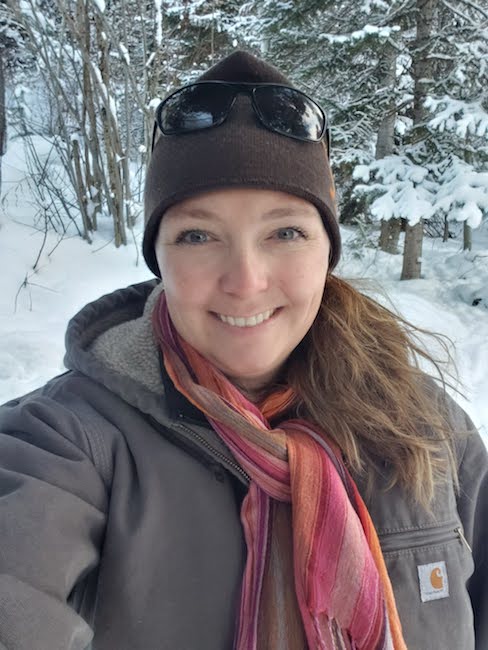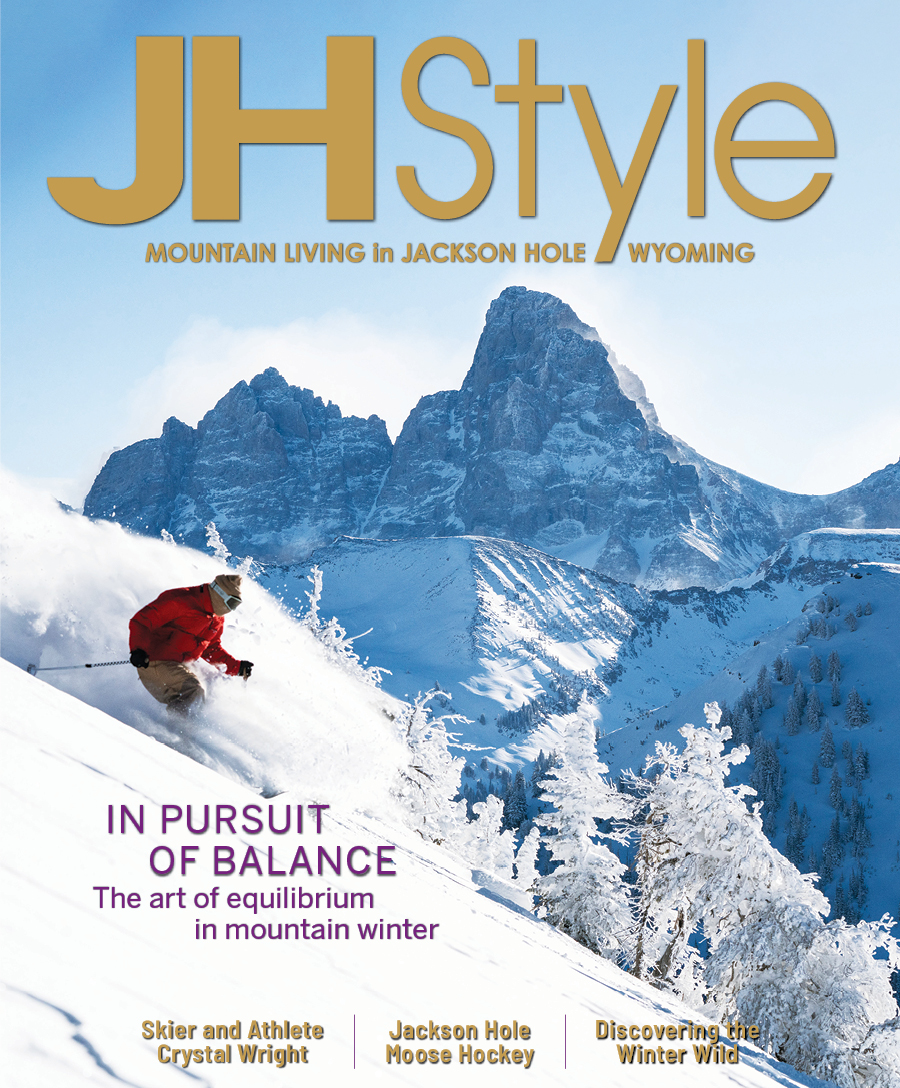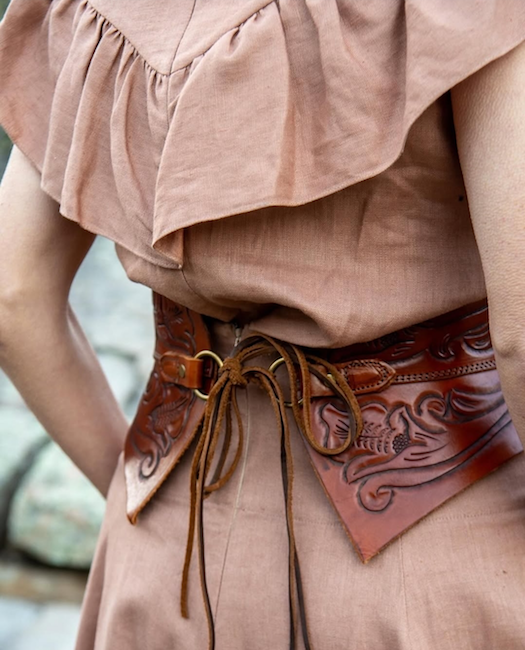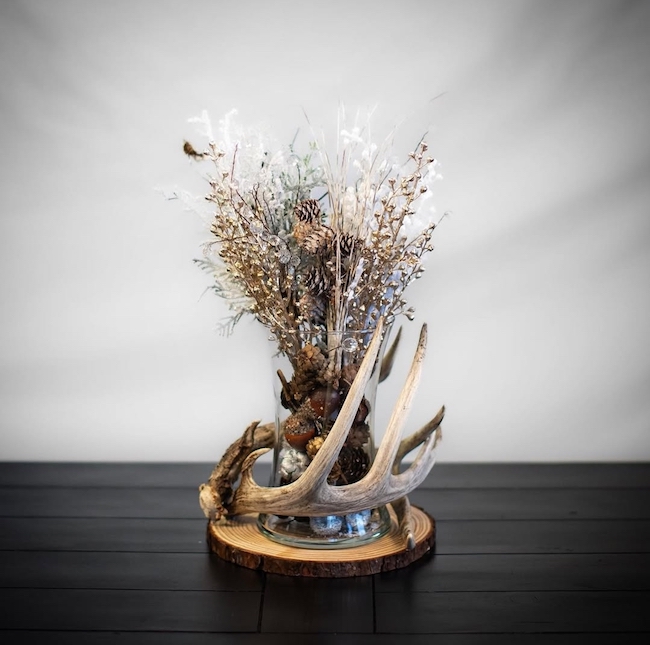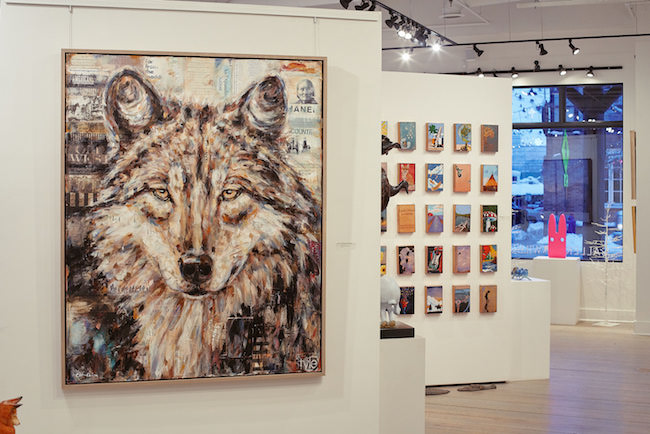The Secret Life of Bears
15 Dec 2024
A local author ventures beyond grizzly sterotypes
Winter/Spring 2025
Written By: Caleigh Smith | Images: Courtesy
Many species have called the Greater Yellowstone Ecosystem home for a time longer than imagination can fathom, but none so remarkable as one. The one of fabled lore, who ambles through the forests and wins as many hearts as it strikes fear into: the brown-furred, hump-backed, long-clawed ursus horribilis.
“I was always fascinated with brown bears,” remarks local author Kevin Grange, who recently published his fourth book, “Grizzly Confidential,” a highly-anticipated culmination of multiple years of bear research: their lifestyles, habits, personalities, conflicts with humans and more. “I started writing the book being terrified of them, unsure if we could coexist,” he says, reminiscing on Grizzly 399’s notorious walkabout in Jackson and how grizzly-human interactions felt unsustainable. “And when I ended the book,’ he continues, “I had become a very strong advocate for them.”
Like the bears he chose to study, Kevin has also had a unique journey to where he is now. He has worked as a paramedic in multiple national parks and now works as a full-time firefighter/paramedic for Jackson Hole Fire/EMS. He began this most recent literary journey by honoring a long-standing curiosity of this fearsome and equally awesome species when 399 meandered through his backyard, piquing his interest. “Each chapter is like a lens through which to view them,” he explains. “There’s a chapter where I go to Washington State University to learn about their hibernation physiology. Another at Brooks Falls and Katmai National Park learning about how they’re ecosystem engineers, dispersing seeds through their scat and tilling the soil with their claws,” he says, reflecting on the lengthy research process he underwent in order to create such a masterful and all-encompassing summation of grizzly bear life.
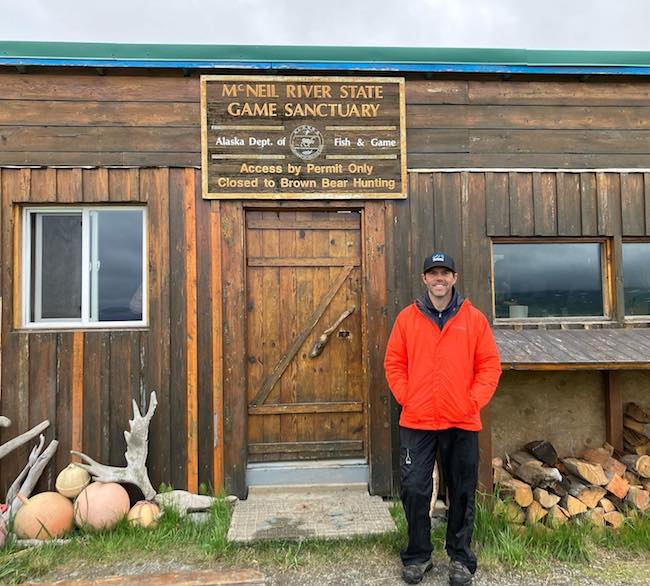
“With each biologist and guide and naturalist I interviewed, I started with this question: What do you wish people knew about brown bears?” Kevin explains that one of the largest misconceptions about the animals is their violence. “Most of the time, we only hear about them in the news when they’ve mauled or hurt someone, so it’s all negative. But that’s probably less than 1% of the human-bear encounters, and I wanted to explore the other 99%.”
Throughout the extensive writing process for this book, Kevin began to recognize a unifying pattern in mountain towns and elsewhere regarding human-bear interactions: bears might not actually be the problem after all. “The transition of human-bear conflict has been that bears are the problem, so we relocate or kill them,” he explains, outlining how this paradigm has slowly shifted over the past few decades. A well-known saying by pioneering bear biologist Charles Jonkel states that problem bears are created, not born. Kevin continues, “So now, we know that humans are the problem, so we educate them. Instead of blaming the bears, it has become ‘teach the humans.’” And the movement to teach the humans is just what Kevin hopes to assist.
“Being a bear person is not just about securing garbage and food,” he posits. “It means you also support intact ecosystems and connected habitats… supporting all the animals and plants that fall underneath brown bears as apex predators.” As such, the presence of grizzlies serves as a celebration, as it puts on display the overall wellness of the community. Though Kevin remarks that Jackson could improve our bear-proofing of town, he applauds our efforts thus far nonetheless. “There’s definitely a growing recognition and acceptance that we’re sharing this landscape with them, and awareness is 99% of solving any problem.”
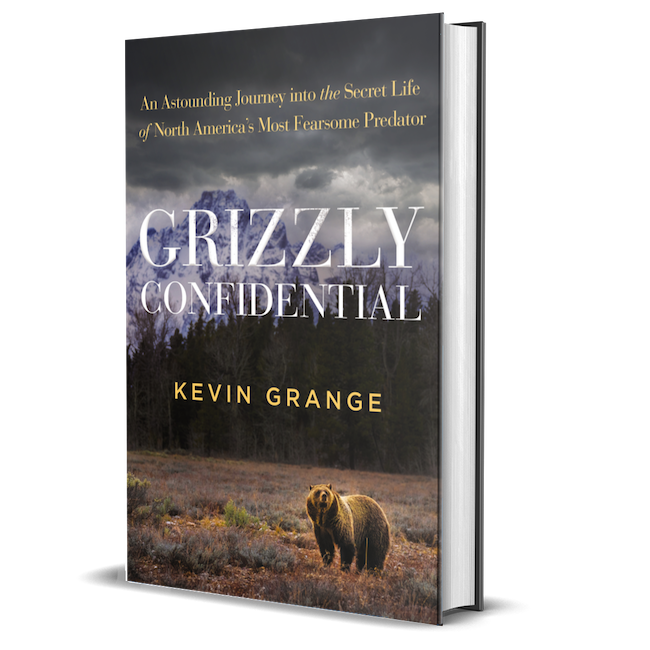
“Grizzly Confidential” is more than a collection of facts and scientific data and interviews; it is a carefully crafted mosaic of rich stories and personal anecdotes that illuminate the grizzly. Almost as important, however, is the way the book focuses on the humans who seek to protect such an awe-inspiring beast, and how the rest of us can coexist with these vital indicators of ecosystem and community health. Kevin is a magician with his story weaving, and readers will quickly be drawn in by both the charismatic words in the book and the equally magnetic and charming personalities of the grizzlies themselves.
“Turns out, I am a bear person after all,” he surmises.

